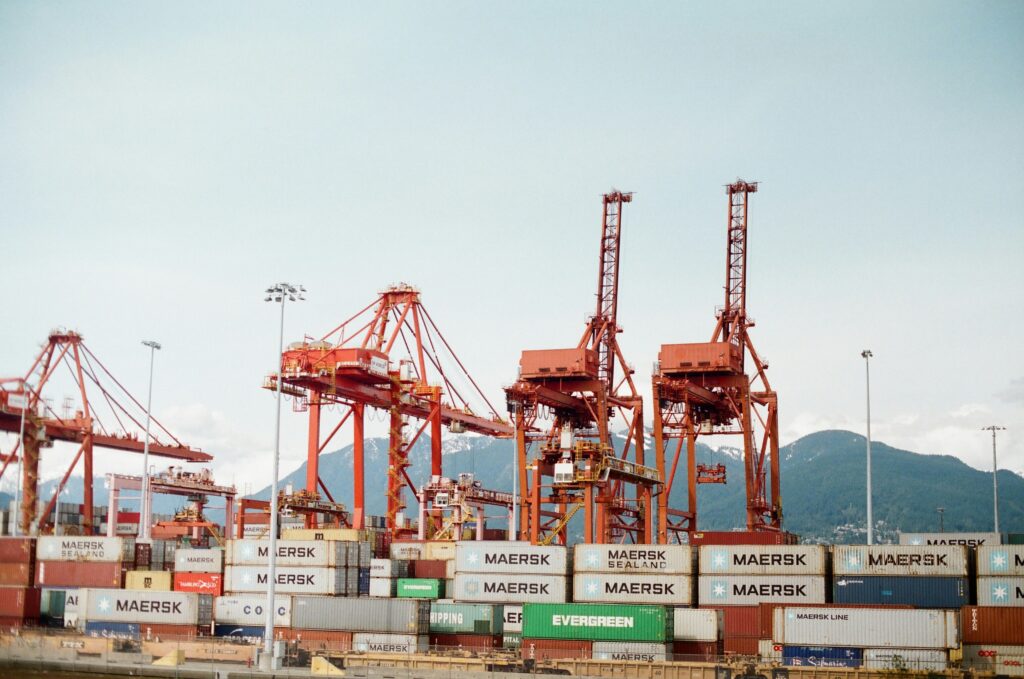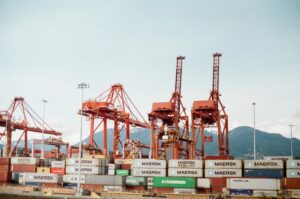Global supply chains are under more pressure than ever. Tariff changes, shifting trade policies, and geopolitical challenges have made shipping goods across borders increasingly complex. At the same time, customers expect faster delivery and greater transparency. For importers and exporters, the ability to adapt quickly has become a necessity. One of the most effective ways to build that resilience is by working with a partner connected to a global logistics network.
What Is a Global Logistics Network?
A global logistics network is a formal alliance of independent freight forwarders and customs brokers operating across multiple countries. These networks create a trusted framework that connects businesses with local experts around the world. For example, Jade International is an active member of global networks, which spans over 80+ countries and brings together partners who understand local markets, regulations, and transportation environments. This structure provides shippers with both reach and reliability, ensuring that shipments are managed consistently regardless of origin or destination.
Benefits of Working Within a Network
When companies rely on a global logistics network, they gain access to advantages that go beyond what a single provider can offer. Local partners deliver in-country expertise, which means navigating customs regulations, infrastructure, and cultural differences more efficiently. This knowledge reduces costly mistakes and delays while helping cargo move smoothly through ports and borders. A trusted network also accelerates problem-solving by ensuring that issues are handled quickly through established communication channels.
Flexibility is another critical benefit. With multiple partners across regions, logistics providers can reroute shipments if disruptions occur—whether from weather events, strikes, or sudden regulatory changes. Having these options built in prevents small setbacks from becoming major supply chain breakdowns.
Strengthening Supply Chain Resilience
The strength of a supply chain depends on how well it can handle change. Networks provide redundancy and reduce reliance on a single carrier or service provider, lowering exposure to unexpected delays. They also improve visibility across different regions, giving companies a clearer picture of where shipments are and how they are moving.
Most importantly, global partners collaborate to keep cargo flowing despite external challenges. This adaptability allows businesses to meet customer expectations even when global conditions are volatile. By maintaining reliability, companies not only protect their operations but also strengthen relationships with their own customers.
Conclusion
Building resilience requires planning, foresight, and strong partnerships. By working within a global logistics network, companies position themselves to respond faster, adapt more effectively, and keep cargo moving no matter what changes arise. Jade International, backed by the reach of these networks, helps importers and exporters navigate these challenges with confidence.
Ready to strengthen your supply chain? Contact Jade today to learn how our global partnerships can support your logistics strategy.








